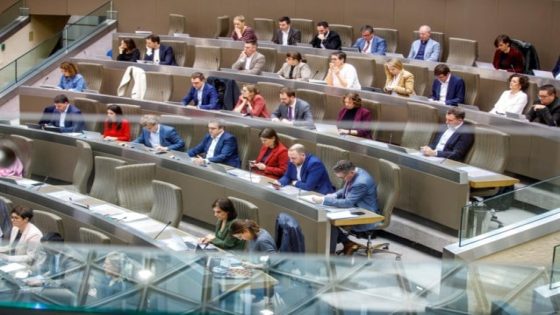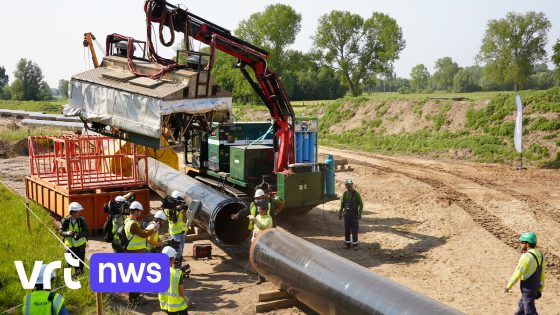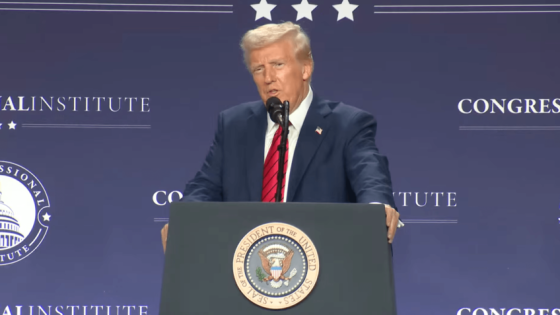The Flemish majority parties in Belgium, N-VA, Vooruit, and CD&V, have decided to end the long-standing “silence agreement.” This change, confirmed by multiple sources on February 27, 2025, marks a significant shift in how parliamentary discussions will be conducted. But what does this mean for the future of governance in Flanders?
- Flemish majority parties end silence agreement.
- Kris Verduyckt advocates parliamentary freedom.
- Previous silence agreement aimed to prevent chaos.
- Criticism of silence agreement grew last legislature.
- Leaders emphasize adult collaboration and transparency.
- Freya Van den Bossche calls for more parliamentary space.
What Does Ending the Silence Agreement Mean for Flemish Governance?
This decision raises an important question: how will it impact legislative processes? The end of the silence agreement allows parliamentarians more freedom to propose new ideas without prior approval from their party colleagues. This could lead to a more dynamic and responsive government.
Key Implications of Dismantling the Silence Agreement
The termination of this agreement is expected to foster healthier political discourse among Flemish lawmakers. Here are some key implications:
- Increased freedom for parliamentarians to introduce proposals.
- A focus on cooperation without forming alliances with opposition parties.
- A potential reduction in bureaucratic delays affecting legislative progress.
- An opportunity for diverse voices within the majority coalition to be heard.
The Role of Parliamentary Leaders in This Shift
Kris Verduyckt from Vooruit emphasized that members should have the liberty to act independently while still collaborating effectively. Similarly, Philippe Muyters from N-VA highlighted the importance of maintaining unity without stifling individual initiative. Their comments reflect a desire for mature interactions among party members as they navigate complex issues together.
Potential Challenges Ahead for Flemish Parties
While this change is promising, challenges may arise as parties adjust to new dynamics. Ensuring effective communication and managing differing opinions will be crucial. Will these changes truly enhance collaboration or lead to further discord?
The Future Landscape of Flemish Politics
This pivotal moment could reshape how policies are developed in Flanders. As parliamentarians embrace their newfound freedoms, it remains essential to monitor how these changes affect both governance efficiency and public trust. Will this lead to innovative solutions or create divisions within the coalition?
































